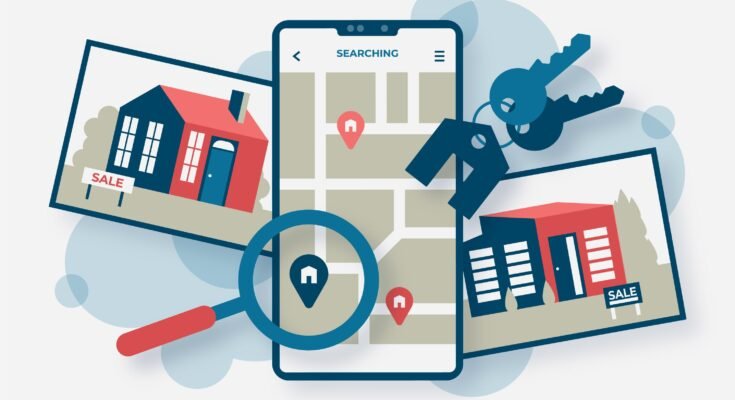Even in this slow-moving industry, blockchain technology is gaining traction. Here are some Web3 real estate app development that are revolutionizing the business of owning, selling, and managing real estate.
Properties as Tokens
Decentralized finance (DeFi) services are not like the bank your grandfather used. They operate using a network of smart contracts, oracles, and blockchains. DeFi is able to provide more convenient and smooth service, paving the path for previously impossible developments, especially in underserved communities.
CitaDao.io is a DeFi platform for a tokenizing property. By enabling interoperability with other DeFi applications, they are attempting to address the problems of lack of liquidity, access limitations, and lack of composability. Enabled by an Automated Market Maker algorithm, communities can diversify their portfolios on-chain and produce consistent yield through real-world assets with constant liquidity.
NFTs Deeds
Non-fungible tokens (NFTs) are now trendy, but their applications extend beyond profile pictures and fan clubs. Propy’s patented technology and legal framework utilize non-fungible tokens to represent property ownership. The blockchain stores the record of purchase and allows access to the associated legal documents. This reduces prices for purchasers and speeds up the purchasing procedure to mere minutes.
Using the USDC token, transactions occur on Propy’s NFT Marketplace. (USDC is a “stablecoin,” which means it is less volatile than other cryptocurrencies.) The property completed its first sale of a real estate-backed NFT in February, selling a Florida property for 210 ETH (about $653,163 at the time) following 3,000 bids.
Investment Split Into Parts
Historically, real estate has been an illiquid asset, which is one of the reasons why it has been less accessible to investors from lower socioeconomic classes. At the same time, only the wealthiest individuals have had access to the opportunity to capitalise on distinct property market trends around the world. RealT is attempting to address these issues by employing NFTs to provide fractional investing, with lots beginning at $50.
RealT’s newest agreement with DeFI titan AAVE enables users to borrow stable coins by collateralizing their holdings in a completely new market. The combination of blockchain’s minimal settlement times and low transaction fees is a democratizing factor that might bring real estate trading speeds comparable to those of the stock market.
Digital Mortgages
Milo is a fintech firm that promises to give the world’s first “crypto mortgage” by enabling consumers to use Bitcoin as collateral for 30-year loans. The price volatility is addressed by adjusting the interest rate using a ratio of the loan amount to the worth of the cryptocurrency. If it falls below 65 percent, a margin call is triggered. Milo will liquidate the assets and store the value in USD when the ratio reaches 30%.
United Wholesale Mortgage, based in Michigan, announced in August that it would begin collecting cryptocurrencies from its borrowers as part of a test program, signaling the growing acceptance of cryptocurrencies as investment assets. The second-largest U.S. mortgage lender began with Bitcoin and is currently evaluating other assets such as Ethereum.
Direct-to-Consumer Markets
According to figures from the National Association of Realtors, the median U.S. house sale price in 2021 was $346,900, up 16.9% from the previous year and the highest on record dating back to 1999. Vesta is a P2P marketplace for real estate-backed NFTs that enables homeowners to borrow and sell a piece of their home equity with relative ease. Investing in the future appreciation of property and building a portfolio of real estate assets is comparable to investing in stocks.




